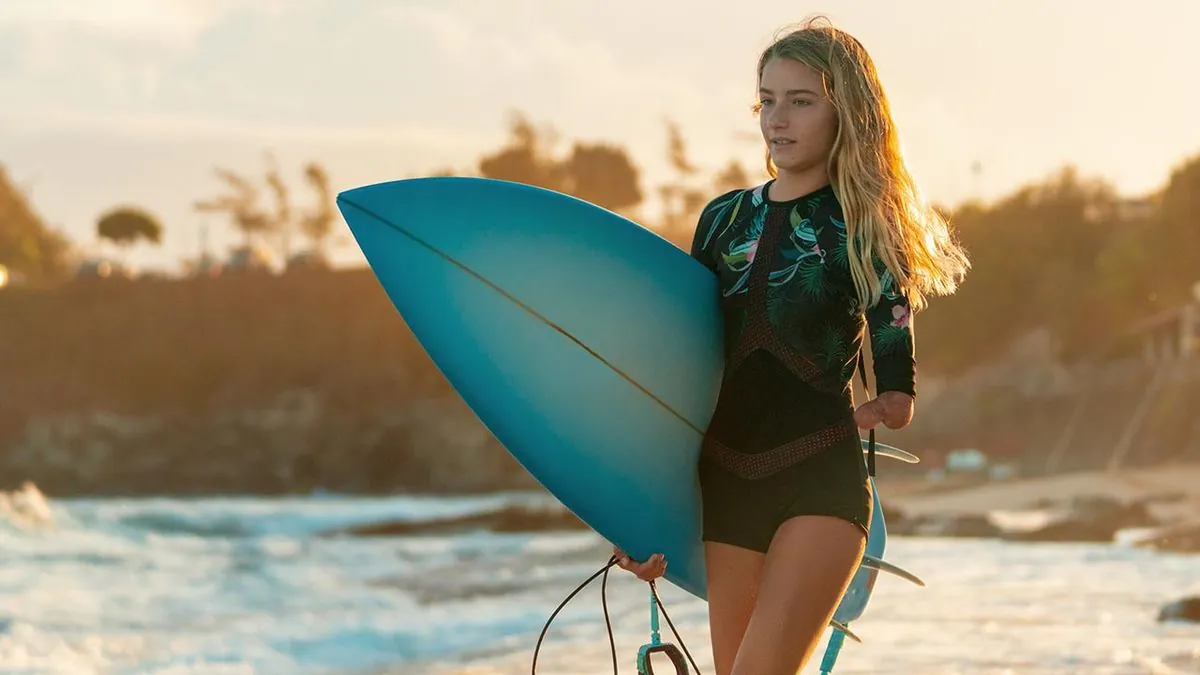Australia Considers Social Media Age Limits Amid Mental Health Concerns
Australian government plans to introduce legislation setting minimum age for social media use, citing mental health concerns. Experts warn of potential unintended consequences and implementation challenges.

The Australian government has announced plans to implement age restrictions for social media use, citing concerns over mental health impacts on young people. Prime Minister Anthony Albanese revealed that legislation would be introduced in Parliament this year, ahead of the anticipated May 2025 election.
Albanese emphasized the importance of allowing children to have a childhood, stating, "We want to get young Australians off their devices and onto the footy field or the netball court or the swimming pool or the tennis court and engaging with each other." The proposed age limit could be as high as 16, though the exact threshold is yet to be determined.
This initiative has garnered broad political support, with both the center-left Labor government and the conservative coalition in opposition embracing the issue. Some Australian states have already taken steps to implement social media age limits, with South Australia proposing a bill to bar children under 14 from using social media altogether.
However, experts have raised concerns about potential unintended consequences of such legislation. Professor Lisa Given from the Royal Melbourne Institute of Technology warned that the move could be "more about politics and headlines versus an actual solution that is going to protect children." She highlighted that social media can play a crucial role in connecting struggling teens with online support and health information, particularly for those in remote areas.

Australia's approach aligns with global efforts to address the negative effects of early social media use on children. The European Union passed legislation nearly a decade ago banning children under 16 from accessing online services without parental consent, although countries were allowed to opt out. Spain recently raised its minimum age for setting up social media accounts from 14 to 16.
Enforcing these age limits has proven challenging in many nations, with children often using VPNs and other methods to circumvent restrictions. Daniel Angus, director of Queensland University of Technology's Digital Media Research Center, suggested that the government should wait for the conclusions of a joint inquiry into social media in Australia before rushing into legislation.
Julie Inman Grant, Australia's eSafety commissioner, expressed concerns that age-based restrictions might lead some young people to access social media in secrecy, potentially exposing them to greater risks on less regulated platforms.
While free speech concerns have hindered similar initiatives in the United States, such challenges are less likely in Australia due to greater support for government intervention and fewer free-speech protections. However, the United Nations Convention on the Rights of the Child stipulates that children should have access to non-harmful information from the internet.
As the debate continues, experts emphasize the need for a nuanced approach that balances protecting children's mental health with ensuring access to valuable online resources and support.
"This is about letting children have a childhood. There's nothing social about some social media taking our young Australians away from real friends and real experiences."
The proposed legislation highlights the complex challenges facing policymakers as they navigate the intersection of technology, mental health, and child welfare in the digital age.


































